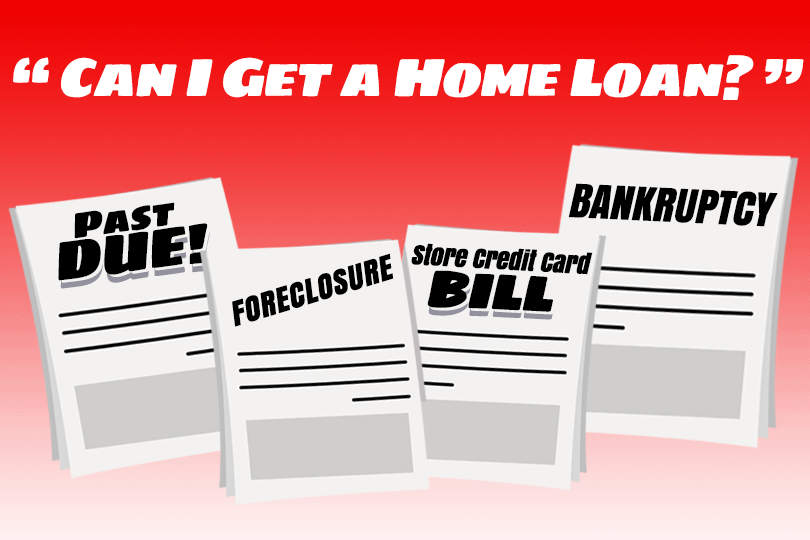FHA Loan Rules for Borrowers After Filing Bankruptcy
August 10, 2023
Waiting Periods
For Chapter 7 Bankruptcy, borrowers may be eligible for an FHA loan two years after the discharge of the bankruptcy. For Chapter 13 Bankruptcy, borrowers can be eligible for an FHA loan after making 12 on-time payments as part of a repayment plan and receiving permission from the bankruptcy court.
Credit Requirements
After bankruptcy, borrowers should work on rebuilding their credit. A minimum credit score may be required by the lender or FHA. Most lenders typically prefer a score of 580 or higher. However, some may consider borrowers with lower scores on a case-by-case basis with different down payment requirements.
Financial Stability
Lenders will evaluate your financial stability, including your income, employment history, and any post-bankruptcy financial issues. Demonstrating responsible financial behavior and a stable income can increase your chances of loan approval.
Bankruptcy Discharge
Ensure that you have received a discharge from the bankruptcy court. You'll need to provide documentation of this to your lender.
Housing Counseling
FHA may require borrowers with recent bankruptcies to participate in housing counseling programs to ensure they are informed about the responsibilities of homeownership.
Foreclosure
If you've experienced a foreclosure in addition to bankruptcy, separate waiting periods may apply.
Lender Discretion
Lenders have some discretion in their underwriting guidelines, so it's essential to work with an FHA-approved lender who can guide you through the process and provide insights based on your specific situation.
------------------------------
RELATED VIDEOS:
Learn How to Meet FHA Requirements
A Few Tips About Your Fixed Rate Mortgage
Your Proof of Ownership Is the Property Title

FHA Loan Articles
November 21, 2024The dream of homeownership is with some from a young age. But in an uncertain housing market, some grapple with the question: Is buying a home the right move for me?
While renting offers relocation flexibility and lower upfront costs, homeownership provides a wealth of financial and personal benefits.
November 20, 2024Refinancing your mortgage offers a way to cash in on your home equity, potentially reduce your interest rate, or modify your loan term. Borrowers ready to consider have options including FHA loans and conventional loans.
While both provide avenues for refinancing, each loan type may be best for specific needs and financial circumstances. What are the differences between FHA and conventional refinance options?
November 14, 2024The home you want to buy might seem perfect, or it may have a few flaws that are acceptable in the grand scheme of things. But what about issues you can’t spot just by walking through the property a few times? A home inspection provides an unbiased, expert assessment of the property's condition, uncovering potential issues that might not be noticeable to the untrained observer.
November 12, 2024Escrow is an important feature of most typical FHA loans. An escrow account is a third-party account where borrowers deposit funds designated for property taxes and other uses. Requirements to use escrow accounts typically stems from a need to protect all parties involved in the transaction
November 2, 2024When it’s time to consider buying a home, the Federal Housing Administration (FHA) offers two popular options. One is the traditional FHA purchase loan many use to buy a house in the suburbs. But not everyone wants to buy an existing property. Some want more control over the design and configuration of the home.
The other FHA construction loan option, the one-time close mortgage, comes in here. This option is for those who want to approve floor plans, have a say in the types of materials used to build the home and choose its features.







